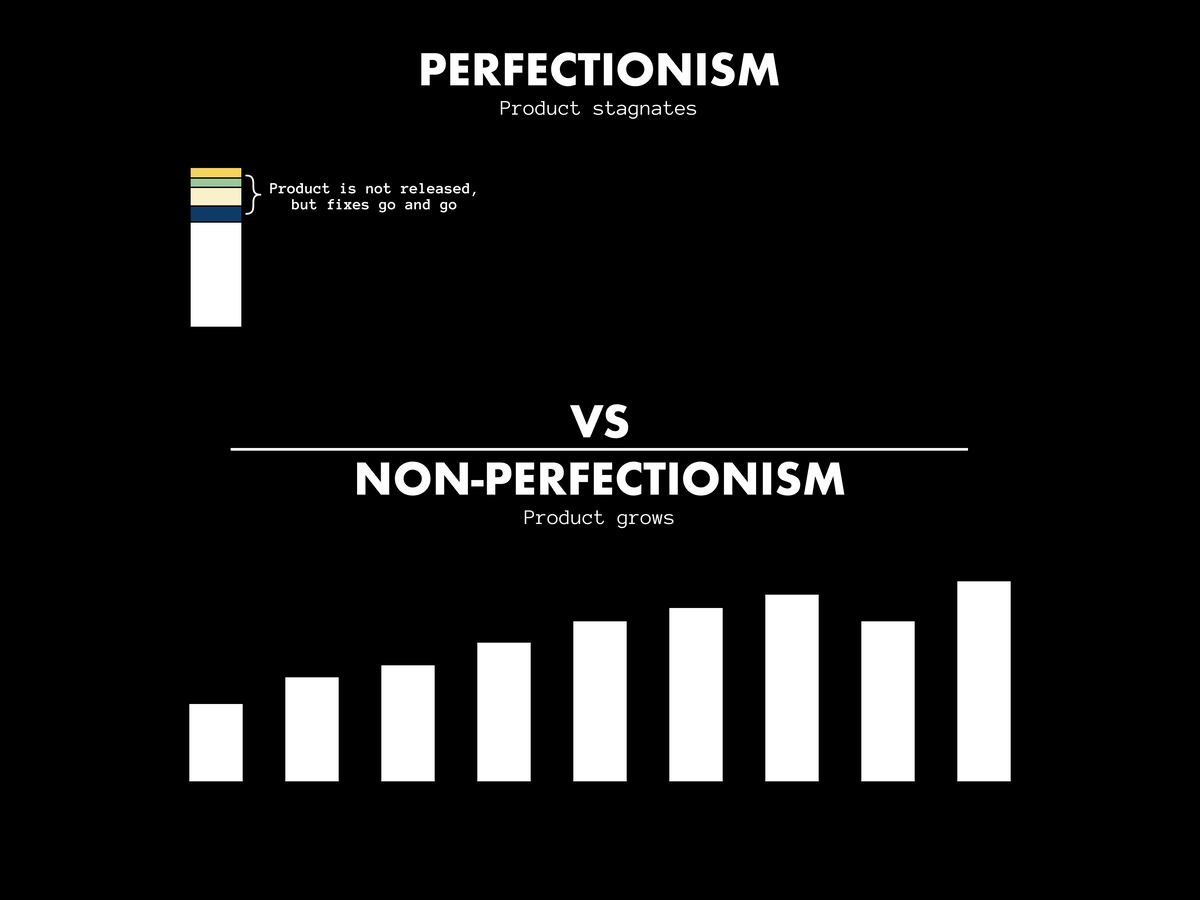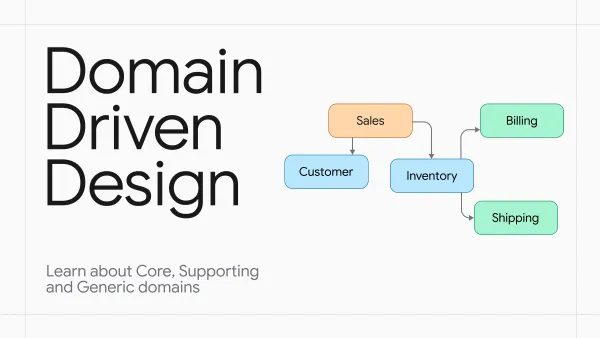The Double-Edged Sword of Perfectionism

The Intricacies and Implications of Perfectionism
Perfectionism is a trait that is often revered in our society, a kind of gold standard that many aspire to. But like the sheen of real gold, this trait has its allure and its pitfalls. It embodies the relentless pursuit of perfection, always shadowed by an inner critic and an innate fear of making mistakes. While it may seem like a noble quest, the relentless pursuit of perfection can weave a web of complications, both psychological and practical.
The Hidden Challenges of Perfectionism
At its core, perfectionism isn't just about producing flawless work. It's a mindset that can lead to a host of mental health issues. Numerous studies have linked perfectionism to depression, anxiety, and eating disorders. The reason is simple: when you constantly strive for an unattainable ideal, the frequent perceived failures can undermine your mental well-being.
Moreover, the fear of failing to live up to one's own high standards often spawns a twin demon: procrastination. The overwhelming weight of potential failure, or even the sheer magnitude of the effort required to achieve "perfection," can paralyze even the most passionate individuals, preventing them from initiating projects.
This inflexibility extends to other areas of life as well. For a perfectionist, deviations from the plan, whether in daily life or in larger projects, can cause disproportionate stress. Their world often operates in binaries of success or failure, with little room for the vast shades of gray in between.
In addition, relationships, both personal and professional, can bear the brunt of perfectionist tendencies. While perfectionists are incredibly hard on themselves, they may inadvertently project these high expectations onto others, causing tension and misunderstanding.
Unraveling the Origins of Perfectionism
Understanding where perfectionism comes from can be a journey back in time. Many perfectionists trace their need for flawlessness back to their formative years. Childhood environments where validation is tied to performance can sow the early seeds of this trait. The echoes of an overly critical parent or relentless teacher can linger and shape a person's relationship with failure and success.
Beyond the personal, our societal and cultural narratives play a significant role. We live in a world that often prioritizes results over effort, outcomes over journeys. This creates fertile ground for perfectionism to take root, especially in highly competitive or critical environments.
Finally, personal traumas and experiences can sharpen the edges of perfectionism. Events such as being bullied or facing extreme criticism can reinforce the belief that acceptance and security are found only in being perfect.
Navigating Perfectionism in the World of Product Development
When the philosophy of perfectionism is translated into tangible products, a fascinating dynamic emerges. A perfectionist's pursuit of the ideal may seem like an asset in product development, but it can often be a hindrance.
Imagine the scene: While a perfectionist might labor forever, refining and redefining a product to make it "flawless", a more pragmatic individual might take the plunge, release the product, and make iterative changes based on user feedback. The latter approach not only saves time, but also ensures that the product remains relevant and in tune with real-time consumer needs.
Perfectionism can also inadvertently stifle creativity and innovation. The fear of making mistakes or deviating from the "perfect" path can limit risk-taking and experimentation-two essential ingredients for breakthrough ideas and solutions.
Advocating the 'Good Enough' Approach
So where does that leave us? It's important to distinguish between striving for excellence and getting caught up in perfectionism. Excellence is about striving for the best within reachable limits, whereas perfectionism is often an elusive and moving target.
In personal well-being as well as in areas such as product development, it's beneficial to embrace a "good enough" philosophy. It's not about settling for mediocrity, but about recognizing the value of moving forward one step at a time, refining as you go. After all, life, like the best stories, is always about the journey, not just the destination.




